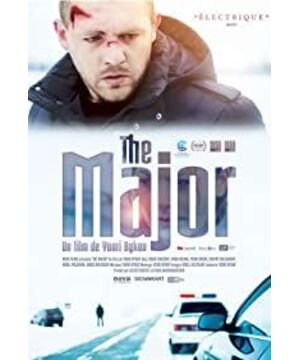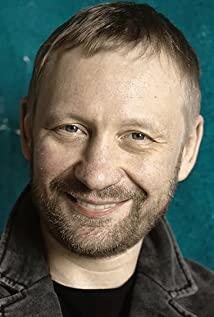Although the Shanghai Film Festival is far from the influence of the three major European film festivals, it still has a good eye for discovering new directors from the former socialist countries in Asia and Eastern Europe, such as sweeping the Golden Goblet Award and Best Director in 2013. The award-winning new Russian director Yuri Bykov is a notable example. So far, the director's four works have focused on various dark sides of contemporary Russian society. Whether it is the shady police or government corruption, he can use stylized lenses to express a sense of pulse that is close to reality and a gripping narrative. , draws on many typical Hollywood dramatic conflicts, and also creates an escalating sense of moral anxiety and realistic choice dilemmas on the protagonist. His script is somewhat similar to the narrative technique of Iranian director Farhadi, but it does not completely bury the dramatic conflict in the protagonist's dilemma to detonate, but adopts a structure with multiple clues about the relationship between characters, which derives the real problems of contemporary Russians. Thinking, more integrated with the accidental/fateful argument of the film master Kieslowski, makes the tone of the film more desperate and depressed. The beginning of this Golden Goblet work is similar to that of "Blue, White and Red Trilogy: Blue". The creativity of the narrative concentrated in one day is composed of tricks and dazzling skills. The hand-held photography is quite prominent in setting off the narrative atmosphere and the emotional expression of the characters. The rhythm processing has won the true legacy of Hollywood commercial films, and it is covered with the characters and opponents that are not boring at all. Too many coincidences and logical holes in the plot. The changes in the male protagonist's thoughts and mentality seem to be traceable, like a Hollywood-style script design, and the interpretation of each key scene is particularly accurate. Although the shady police stories reflected in the film are a bit commonplace, under the realistic portrayal of the script, cruel realistic thinking and human moral problems are constantly thrown out. The tragic ending did not bring much awareness of the protagonist's introspection in the moral dilemma, but left behind a playful echo: Will new life become a beacon of hope in this society where morality is lost and right and wrong are reversed?
View more about The Major reviews








